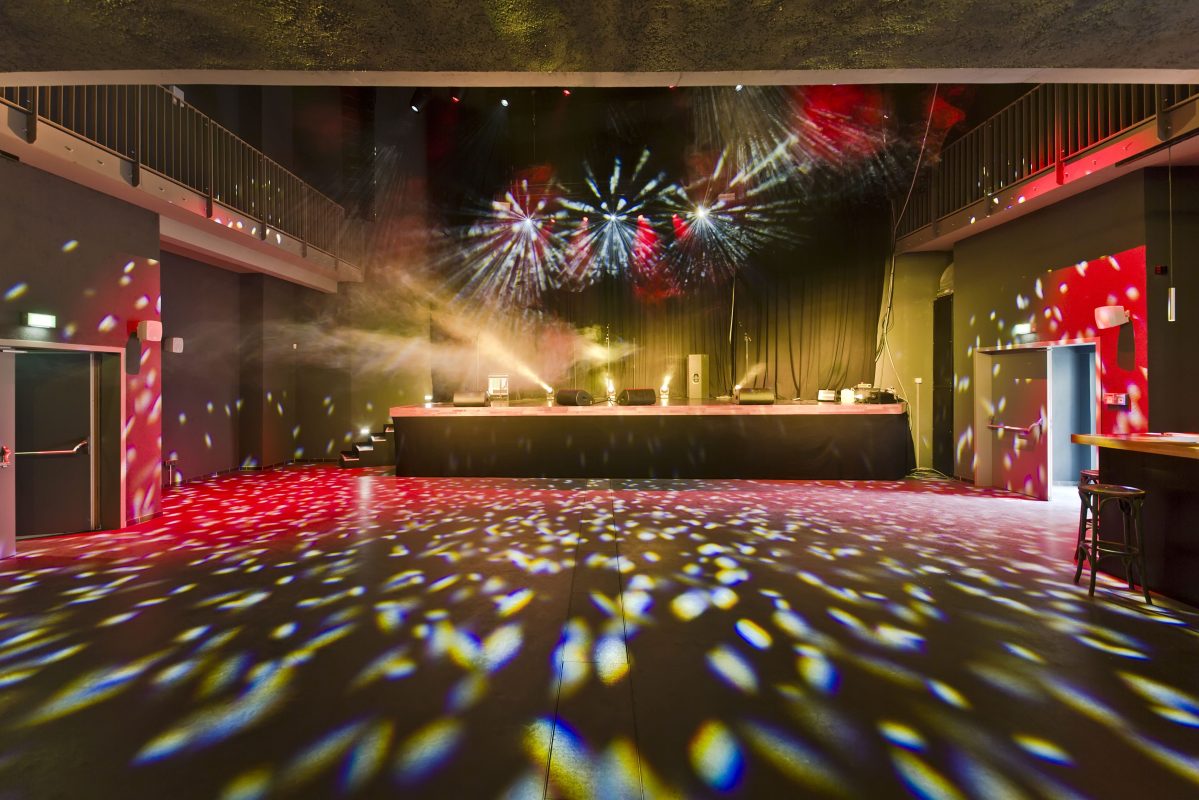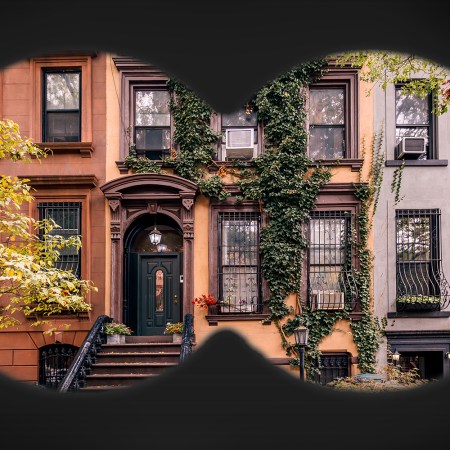As COVID-19 restrictions begin to be eased or lifted across the country, music fans can finally begin to think about returning to their favorite venues for the first time in over a year. Sadly, however, many of them won’t be reopening at all after they were forced to close their doors permanently as a result of the pandemic. Perhaps moving forward, to ensure that no more fall victim to the financial hardships wrought by COVID-19, we should look to our friends in Germany as an example.
As the NME reports, music venues in Berlin will soon be protected as cultural institutions after an overwhelming majority of the city’s lawmakers voted in favor of changing their status from entertainment sites to cultural sites. Doing so will give venues new tax breaks, protection from displacement, permission to operate in wider areas of the city and exemption from noise limits.
“We would like to thank the members of the Parliamentary Forum in particular for their commitment and perseverance in this matter,” Pamela Schobeß of the Berlin Club Commission said in a statement. “With today’s decision, the Bundestag is sending a strong and long overdue signal to the republic. Music clubs are cultural institutions that shape the identity of city districts as an integral part of cultural and economic life. Now, an outdated law is to be adapted to reality. This helps to keep cities and neighborhoods alive and liveable and to protect cultural places from displacement.”
We should look at taking similar action here in the States if we want to ensure that our small, independent music venues survive. Some of the older, more iconic clubs (like the Ryman Auditorium in Nashville and New York City’s Radio City Music Hall) have been lucky enough to be granted landmark status, but the newer venues that aren’t yet eligible for such a distinction also deserve a fair shot at making it out of the pandemic alive. It’s true that live music is a vital part of every city’s cultural and economic health, and we need to do everything we can to help them if we want them to stick around for years to come.
Thanks for reading InsideHook. Sign up for our daily newsletter and be in the know.

















